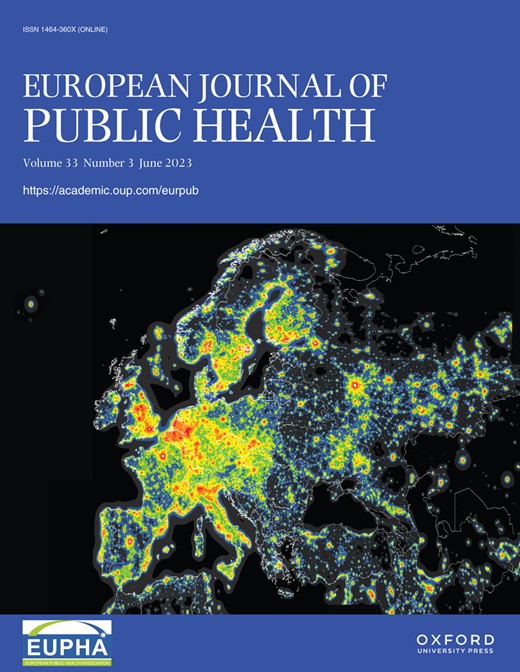(Mirror)
This study presents a broad perspective on the health of the Sámi population compared to their Swedish counterparts in 2021. While the prevalence of poor self‐rated dental health, asthma and overweight were higher among the Sámi, the mental health outcomes were similar or lower (women) among the Sámi participants. The Sámi were eating fewer vegetables and fruits, but they were smoking and drinking alcohol less than the national Swedish population. A high general good health of the Sámi in Sweden and Norway was previously reported with no ethnic differences in either country.
However, the poorer self‐reported oral health in this study is concerning and could indicate diet‐related aspects or difficulties accessing dental health care. Globally, Indigenous populations have a higher caries prevalence and severity than the non‐Indigenous populations, but no differences in the prevalence of caries and periodontitis between Sámi and non‐Sámi were found in Norway.
Asthma showed the largest difference in health between the two populations. Swedish studies have observed prevalences of reported asthma and physician‐diagnosed asthma of 11% and 10%, respectively, which resemble the data from the Swedish population in this study. Literature on asthma in Indigenous populations is limited but an Australian review found a prevalence ranging between 3.3% and 19%, though no aetiological clues were provided.
The reasons for the high asthma prevalence among the Sámi (18.8–22.1%) are unclear, and it would require further investigation to elucidate if mechanisms such as exposure to environmental toxins or dust, cold temperature, antigens during infancy or simply reporting bias could be involved.
[…]
This is the first epidemiological study covering the total possible Sámi population from Sweden. It is also the first time that a comparison with a national Swedish population has been done. Poor self‐rated dental health (and chronic ill‐health among men), asthma, overweight and a low consumption of vegetables and fruits were a concern among the Sámi population in both men and women. Therefore, these areas require specific targeted interventions to decrease the observed ethnic health inequalities in Sweden.


